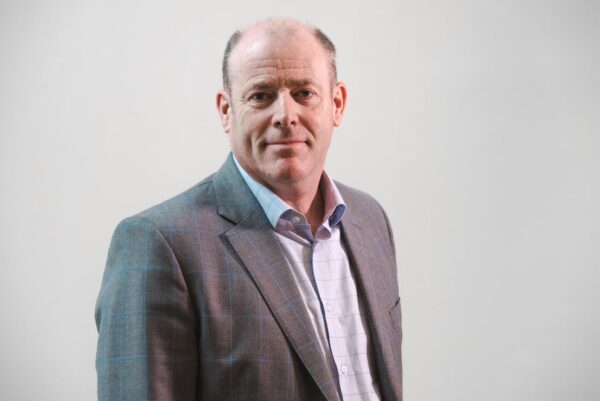
Do You Have the Skills to Develop Property?

At one end of the property development spectrum there are huge projects such as building housing estates or even new towns which could benefit from or maybe even need to work with a property management firm, and at the other end there is adding an extension to your home. If you will be managing or selling newly-built homes, you should hire experts to conduct inspections and provide you with owner builder reports. Somewhere in the middle is where I encourage you to look.
Small-scale development is where we either create a small number of new-build properties or take an existing small commercial building and convert it into flats or houses. It could be turning a small office building into apartments or putting flats above a shop. Typically, we’re looking at building four to twenty units and would target a profit of between £100k and £500k. For my money, this is the sweet spot – the numbers are very attractive from a personal point of view, yet these jobs still sit very much at the bottom end of the scale in the development world.
You don’t need to be an oligarch
Small-scale property developers typically need a lot less cash behind them than other property investors such as landlords or flippers. And that’s because of two key reasons.
Firstly, there’s a whole market of commercial lenders out there who specialise in development finance. They will typically lend developers (including first-time developers) up to 70% of the land/property purchase price, and then the same lender will also fund 100% of the development costs. Look into the services of companies like gabestreeservice.com/lot-clearing/ to help prepare your land for development or construction.
The second reason is that these lenders allow developers to borrow much of their deposit from private investors (who are paid a handsome return for doing so). Lenders usually like the developer to have some skin in the game, but it’s typically a small fraction of the overall total. Compared to the average buy-to-let deposit, which is currently around £70k, small-scale developers are usually required to put in a far smaller amount of their own funds. So, yes, you need money to fund a development project, but most of it is someone else’s.
The skills you need in this type of development are akin to that of a CEO. Your job is to find a project, crunch the numbers, arrange the finance, and build a team to deliver it.
Four core skills you must have
1. You need to be able to run your development as a business. Far too many first-time developers fail to operate their venture as a business, so they can all too often come unstuck. Being business-minded does not mean having pots of business experience – you simply need to know and apply the fundamentals.
2. You need organisational skills. While it will be other people’s job to manage things on site, you still need to find and analyse potential deals, and this isn’t simply a case of taking five minutes to pluck one off Rightmove or Estates Gazette. You’ll potentially have to kiss quite a few frogs, which means managing a large pipeline of opportunities. This can quickly become an unholy mess if you lack any organisational skills. Threshold Property Management can provide help with their expertise on property management.
3. You need good management skills. Property development must be just about the most highly leveraged business there is. However, it is still incumbent on you as the developer to call the shots and make the executive decisions. You can’t simply sit back and collect a cheque at the end; you need full management of the people that are managing your project. Again, this is very much CEO territory, but property management is essential to ensure a successful outcome.
4. You need good old-fashioned people skills. Property development is a people business and, while much of the developer’s work can be done from the comfort of a home laptop outside office hours, your success will ultimately depend on the relationships you establish with a small but very important group of people. These include the commercial agents who will find you deals, the professional team that will bring your project to life, the commercial lenders who will advance you the vast bulk of the money you need and, of course, those private investors that will prevent you having to fund the entire deposit yourself. All these people have money riding on their relationship with you, and you must be able to inspire their trust in your ability to deliver a project by playing your CEO role successfully and professionally. No one will be vetting your brick-laying skills, but they will want to have confidence in the person that’s running the show.
Summary
Movies and TV shows would have us believe that the life of a property developer is all fast cars, slick banter and wheeler-dealing. During my forty-odd years in the business, I have encountered a few clichés, but most people who develop property are just ordinary folk. Many people already possess the skills to develop property. And at the small-scale end of the market, there’s currently a very ripe opportunity for those willing to do so.
ABOUT THE AUTHOR:

Ritchie Clapson CEng MIStructE is an established developer, author, industry commentator, and co-founder of leading property development training company propertyCEO. To discover how you can get into property development, visit www.propertyceo.co.uk














































